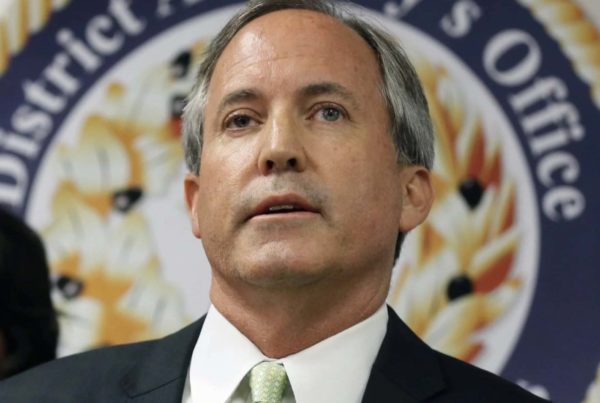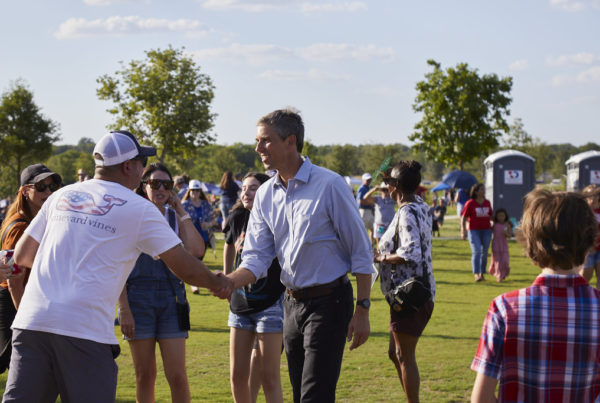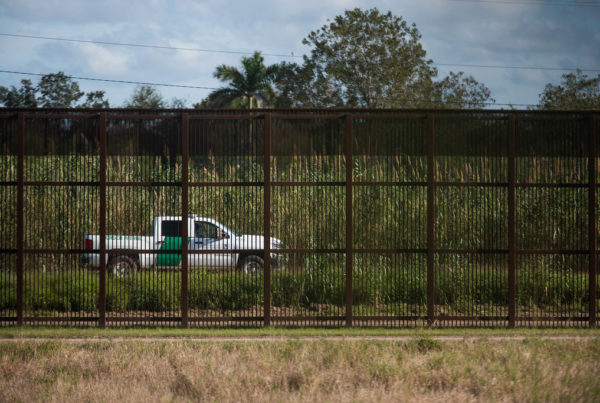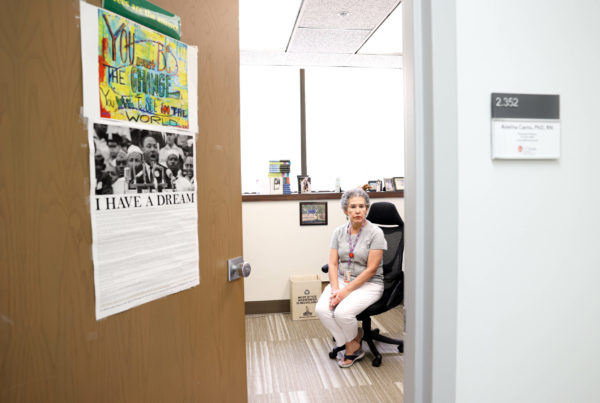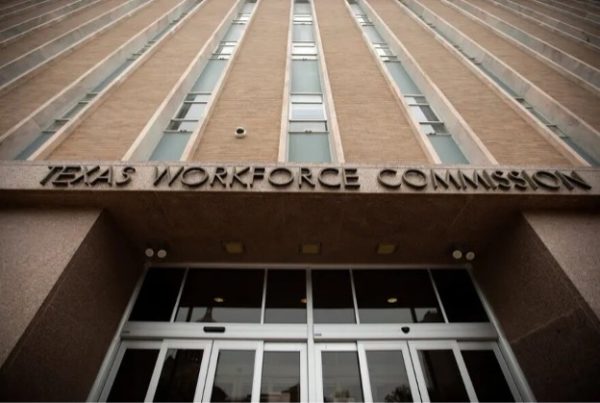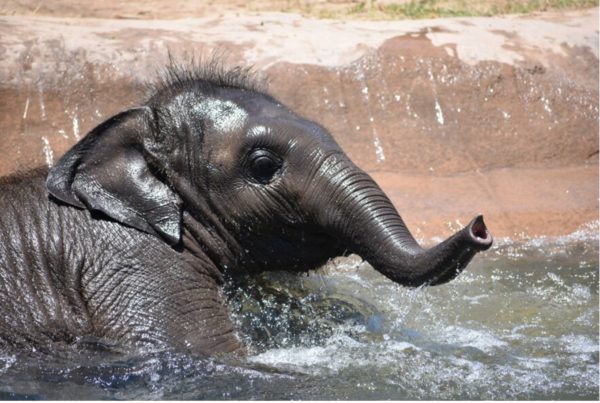Earlier this month, Ukrainian troops made significant territorial gains in the country’s war with Russia. Russian president Vladimir Putin responded with a major escalation of Russian military efforts.
Putin announced last week that an additional 300,000 Russian troops would be sent to Ukraine. Russian troops are also holding staged referendums in occupied regions of Ukraine, which will allow 15% of the country to be annexed into the Russian Federation. In a speech last Wednesday, Putin announced that Russia would use all the means at its disposal to defend its territory — a reference to the country’s nuclear arsenal.
Some analysts have expressed doubt that Russia has the resources to send such a large number of troops to Ukraine, and question the validity of Putin’s veiled nuclear threat.
Sergiy Kudelia, an associate professor of political science at Baylor University who hails from Ukraine and served as an adviser to the country’s deputy prime minister from 2008 through 2009, joined Texas Standard to discuss Russia’s escalation of the war in Ukraine and its repercussions. Listen to the interview above or read the transcript below.
This transcript has been edited lightly for clarity:
Texas Standard: Putin called for mobilization of an additional 300,000 Russian troops to Ukraine. I suppose one of the first questions is: Does Russia actually have the resources to pull off this size of an effort?
Sergiy Kudelia: This is a good question, because we have not seen mobilization in Russia since World War II. And we’ve obviously seen that the Russian military over the last several months have demonstrated very significant weakness in their offensive operations against Ukraine. And that is one of the reasons why Putin is trying to call on the reservists. Now, the last week demonstrated that there has been a lot of chaos in the way mobilization is being organized. So we have heard the reports over the last week that people who were not supposed to mobilize were getting notices to come to the enlistment offices. By contrast, those who have military training backgrounds are not being mobilized, and that triggered a lot of resistance among the Russian public in the regions. And that is one of the new patterns that we are seeing across Russia.
How disruptive are those protests? And what about the reactions of Russians at large – has this eroded support for the war internally?
We don’t really have a good sense of the Russian public opinion at this point, and it is certainly changing every day, dynamically. We definitely have not seen the size of protests – or rather the scale of protest – like are happening today since maybe early 2010 when Putin switched and became president. And I think it certainly demonstrates or indicates that there is a growing discontent and dissatisfaction of the regular Russians with the war. They have not been affected directly so far by these seven months of the war in Ukraine, primarily because Putin relied on contract soldiers. But now that this war can affect any Russian family, I think there may be a significant reconsideration or reevaluation of whether or not the Russians want to see this war continue.
Let’s talk a little bit about the staged referendums, which would – at least as Russia sees it – permit 15% of Ukraine to be annexed. Of course, many in the West have called this all part of a show to give Russia a pretext to remain where they are in eastern Ukraine. What comes next? And have the U.S. and other Western powers responded to the annexation claim forcefully enough?
Well, they cannot do much about it. They certainly refuse to recognize the results of the sham referenda. And they’re really an attempt to create an impression of large-scale public support in Ukrainian territories for the annexation by the Russian Federation. But in reality, millions of people already fled these territories to Ukraine, and there are very few who remain in these territories, and those who are there basically are forced to vote in this sham referenda, so it’s not like a voluntary expression of their free will.
But the political significance and the implications of this referenda are very significant, primarily because now it will be very difficult to launch any negotiations between Russia and Ukraine. Ukrainian President Zelensky clearly stated that with the annexation of the new territories complete, Ukraine would refuse to have any talks because there will be nothing to talk about with Putin. The preconditions for any talks would be leaving these territories, withdrawing their troops from these territories and transferring them to Ukraine. So that is a recipe for a very long war.
Last week, Putin warned that Russia would make use of all weapons systems available to defend its territory. This prompted a reaction from the Biden administration, which basically was sending a message that the reaction will be catastrophic. What do you make of these threats to possibly use nuclear weapons?
Well, this is not new. Putin has been making these threats before, and this is weapon of last resort that he always tries to dangle in front of his Western opponents and rivals as he sees them. We understand that the consequences, even for Russia, of the use of tactical nuclear weapons on a limited scale would be disastrous, because it will be very difficult to contain the spread of the radiation that will come out of the nuclear explosion.
And most importantly, it will be very significant as far as its relations with its key allies are concerned, like India and China, that are strongly against the use of nuclear weapons, because they themselves have to deal with these types of nuclear threats, and especially in the case of India and Pakistan. That may certainly create or lift the existing taboo on the use of nuclear weapons that may trigger more conflicts around the world with the use of nuclear weapons. It may also have disastrous consequences for nuclear nonproliferation regime and incentivize other states to try to acquire nuclear weapons. So this is not something that is in the interests of Russia from the strategic standpoint.




